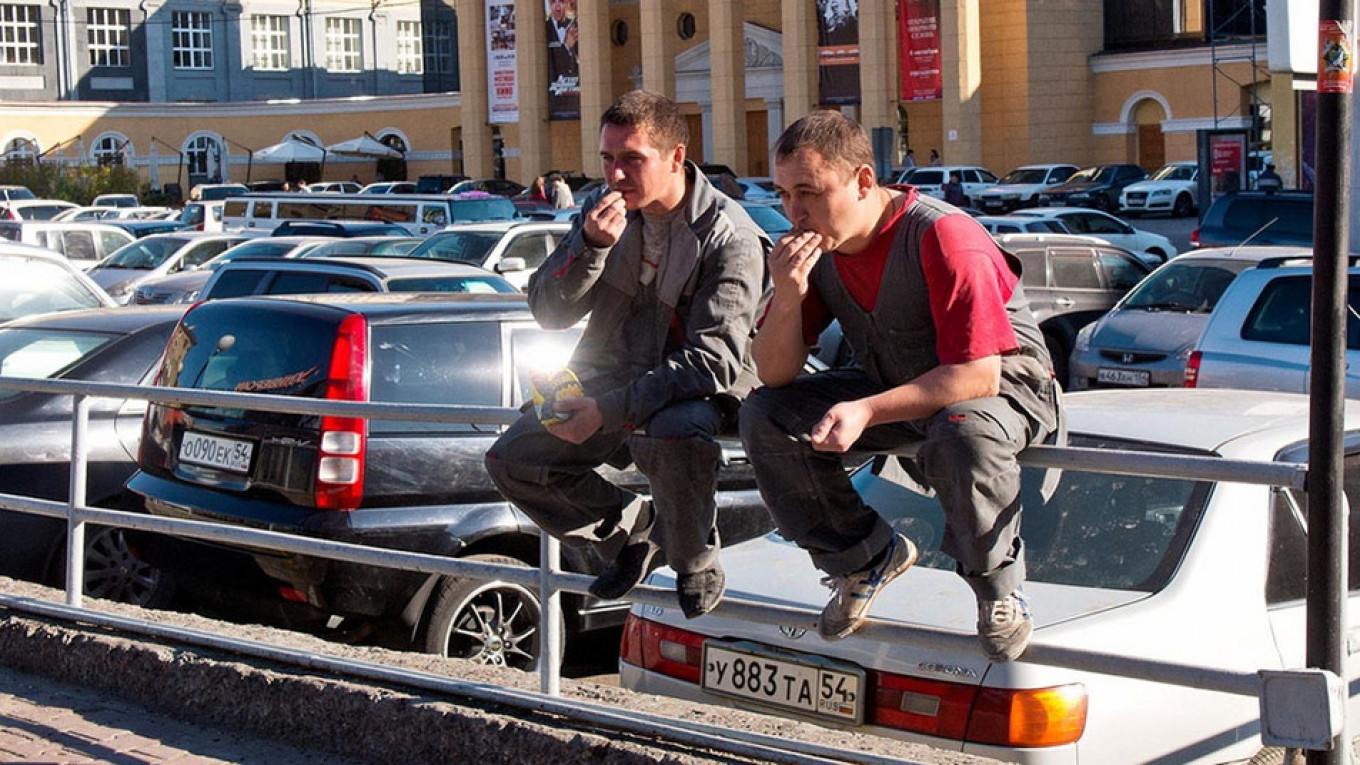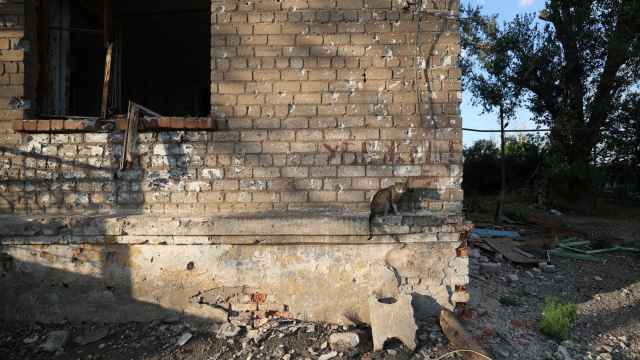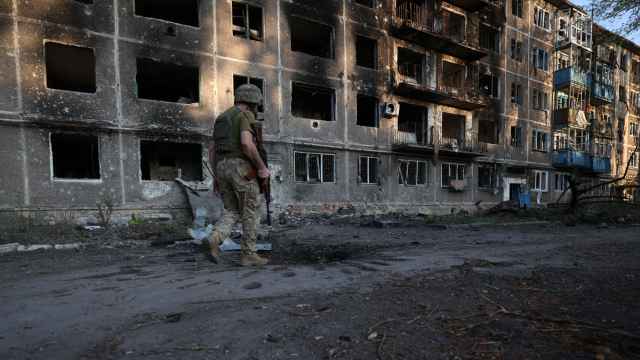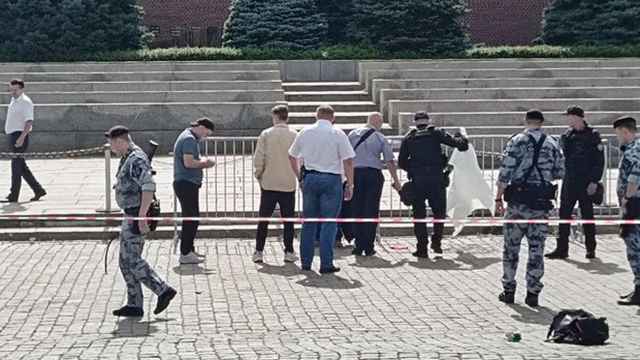The productivity of the Russian workforce is among the lowest of the world’s major economies, despite long hours spent at work, according to a new report on labor productivity.
Russia has adopted several programs to boost productivity over the last few years as slow economic growth has left many ordinary Russians for economic security. A poll by the Levada Center in April 2018 found many Russians were most unhappy with President Vladimir Putin over the unequal distribution of wealth in the country.
Among the world’s 37 top economies, data comparing GDP to hours worked ranks Russian productivity near the bottom, according to an annual report from the Paris-based Organization for Economic Co-operation and Development (OECD) released Wednesday.
Russian workers generated from around $23 to $25 of GDP per hour worked, or half the average of OECD members ($47-$52) in 2016, which include the United States, the United Kingdom and Sweden, among others.
Meanwhile, in 2017, Russians spent an average of 1,980 hours at work per person per year, the fifth largest amount of hours spent on the job. Only Mexicans, Costa Ricans, South Koreans and Greeks work longer hours, the OECD’s data shows.
Russians’ don’t see the impact of their long hours in improved living conditions: Russia ranked ninth from the bottom in the OECD’s measure of how work impacts living conditions.
The OECD’s 2018 Employment Outlook chalks this up in part to how inequality has exacerbated worldwide in the years since the 2008 financial crisis. From 2008 to 2009, Russia saw an economic recession exacerbated by falling oil prices.
“While jobs are mainly back, only some fortunate few at the top are also enjoying improvements in earnings and job quality,” the OECD report wrote. The result of the lopsidedness of the recovery from the 2008 crisis, it warned, would be “growing dissatisfaction.”
A Message from The Moscow Times:
Dear readers,
We are facing unprecedented challenges. Russia's Prosecutor General's Office has designated The Moscow Times as an "undesirable" organization, criminalizing our work and putting our staff at risk of prosecution. This follows our earlier unjust labeling as a "foreign agent."
These actions are direct attempts to silence independent journalism in Russia. The authorities claim our work "discredits the decisions of the Russian leadership." We see things differently: we strive to provide accurate, unbiased reporting on Russia.
We, the journalists of The Moscow Times, refuse to be silenced. But to continue our work, we need your help.
Your support, no matter how small, makes a world of difference. If you can, please support us monthly starting from just $2. It's quick to set up, and every contribution makes a significant impact.
By supporting The Moscow Times, you're defending open, independent journalism in the face of repression. Thank you for standing with us.
Remind me later.







